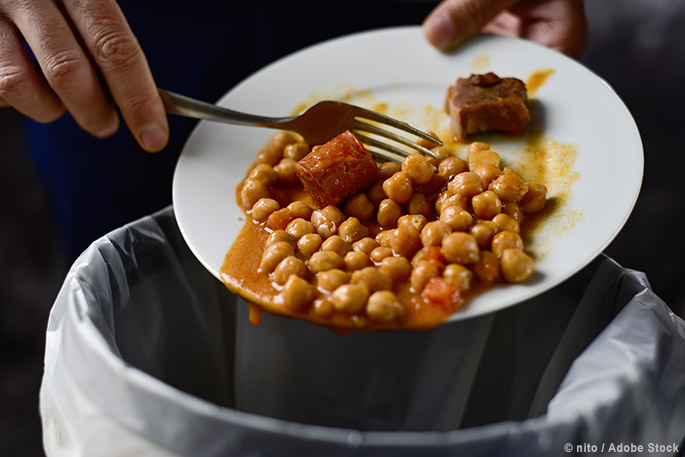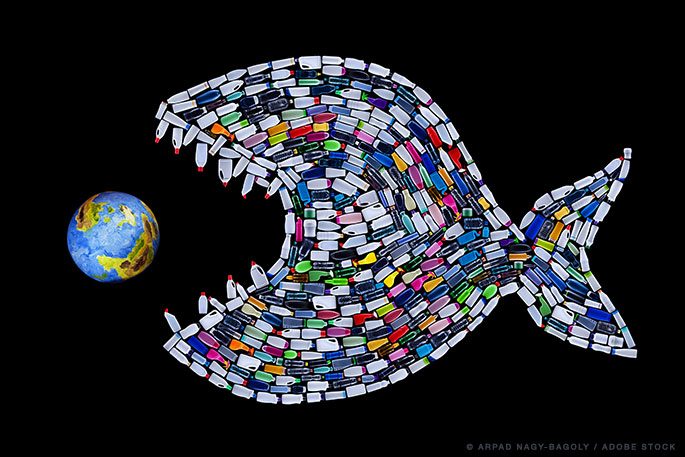
One Organizations Mission to End Food Waste
Food waste has long been a world-wide problem. According to the Food and Agricultural Organization (FAO) about 33% of the food that is produced globally goes to waste, and that number jumps to 40% in the US.

Ever consider a Waterless Urinal to improve your business’ sustainability?
While more than 70 percent of the planet earth is covered in water in one form or another, between sea water and glacier ice only about 1 percent of that water is potable. Given the ever-increasing needs of the human population for clean, drinkable water, water conservation efforts have been getting a lot of attention.

Race Organizers Ditch Single-Use Cups to Promote Sustainability
In December of 2017, runners from around the world gathered in central Florida for a two-day ultra marathon relay. Teams of anywhere from four to eight members ran non-stop for 24 hours to complete their quest on the trails of Florida's Alafia River State Park.

4 Benefits of Outdoor Picnic Tables for Employee Lunches
There are many benefits to creating an outdoor patio picnic area, complete with picnic tables, for your employees. This is especially true if you create a little outdoor oasis by landscaping the area with plants and paving stones.

Getting rid of disposable cutlery in the workplace
Discontinuing single use plastic utensils can save a workplace several thousands of dollars annually. In 2010, the American Speech-Language-Hearing Association's Green Team gave all their employees a cloth napkin and set of stainless steel utensils and removed all plastic flatware from their facility.

How can companies contribute to a more circular use of electronics?
What's the problem with e-waste? Electronic devices are packed with a slew of chemicals and elements. Most cell phones contain over 500 components; a typical phone contains over 40% alloyed metals and 17 rare earth elements (most of which are non-recyclable).

Is Carbon-Negative Plastic A Potential Plastic Pollution Solution?
The use of plastics is always a red button when it comes to discussions of sustainability and the environment. On the one hand, plastic is a major source of trash, and it's made from petroleum feedstocks, which eats into a non-renewable resource.

How to Recycle a Ship
When we recycle a built object, the hope is that we can remove materials that are dangerous to the environment, to human and animal exposure, and we can repurpose materials in the original--free them up to be safely used again. The objects we recycle can be as simple as metal bottle caps or as complex as an ocean-going tanker.

3 Ways To Curb Food Waste At Your Restaurant
Ask any restaurateur who has watched their dream of opening a restaurant come crumbling down around them what went wrong, and often, you'll hear a common theme: They weren't paying enough attention to food cost, and specifically food waste. For anyone interested in reducing their back-of-house costs, we've got a few tips for curbing that waste for good.

5 Team Building Ideas To Move Towards A Circular Economy
What is the circular economy? It is exactly as simple as it sounds - a waste minimizing economy model that reduces pollution by maximizing the life cycle of products and keeping the materials in use. Essentially, it is the reduce, reuse, and recycle mantra taken out of household waste management and applied to business - don't introduce new waste or materials until necessary, don't throw out what still has life left in it, and eliminate responsibly the items that are no longer usable.





































































































































